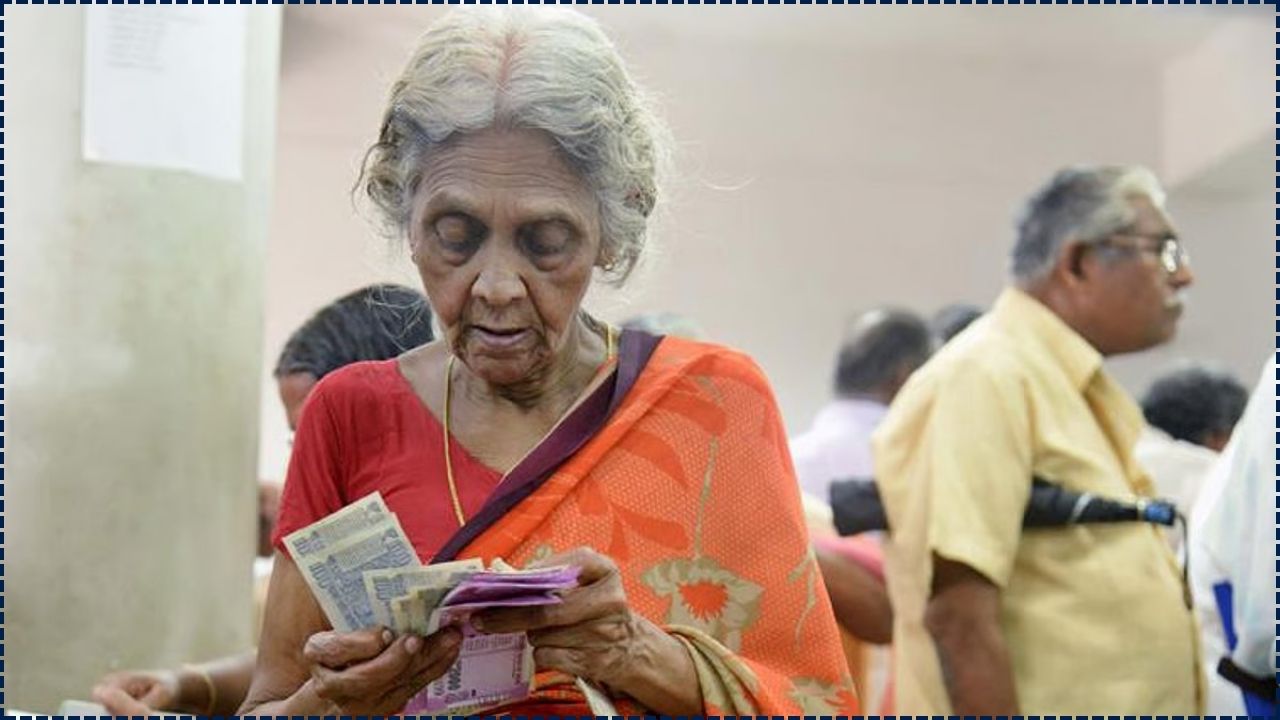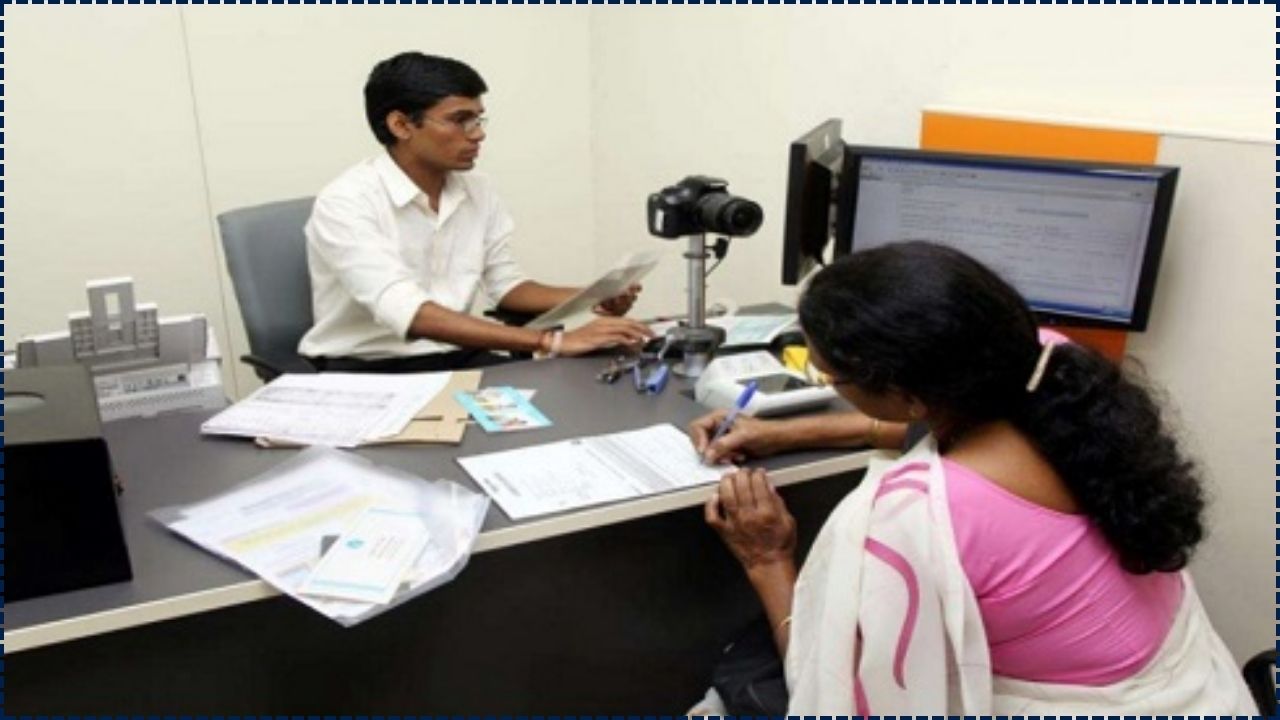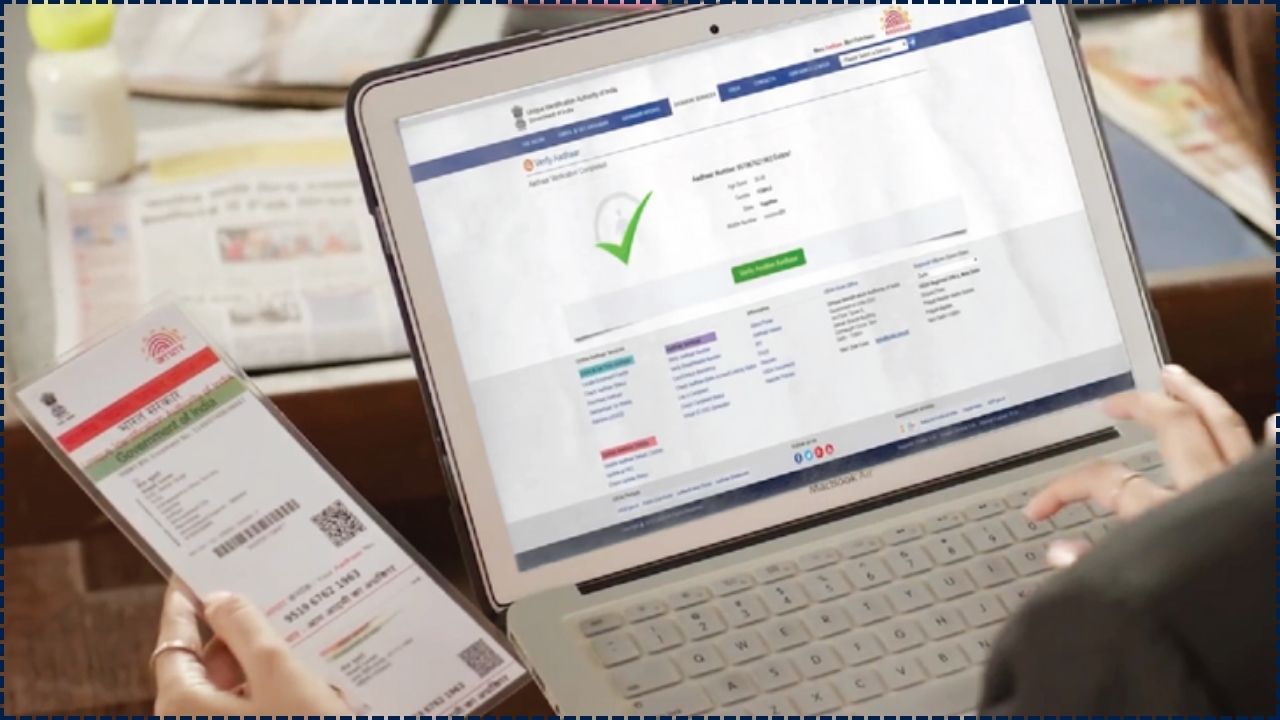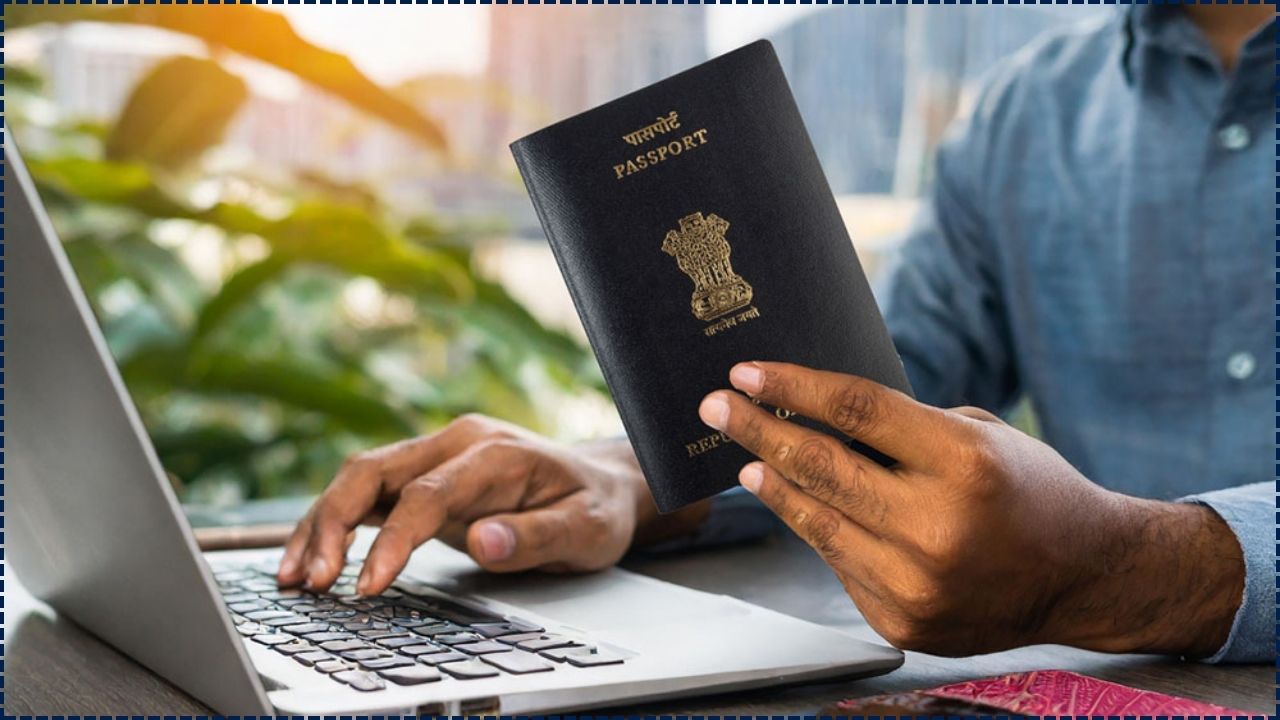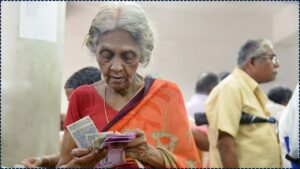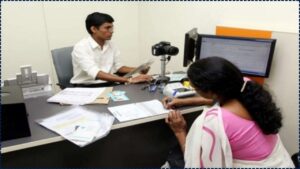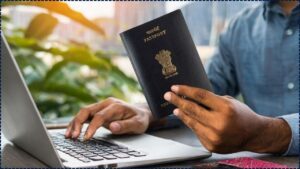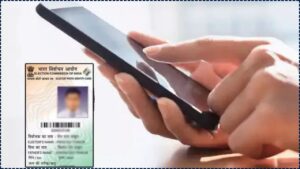India’s digital application process for learner’s licences embodies a compassionate commitment to empowering millions by providing convenient access to a critical step toward mobility and independence, particularly for underserved communities seeking economic and social opportunities.
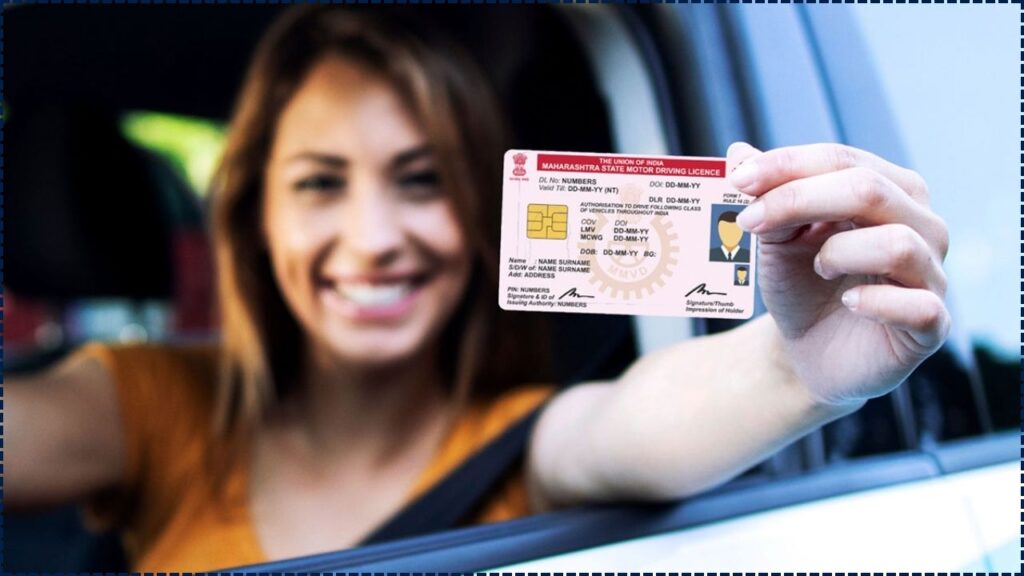
By streamlining the process, this initiative fosters inclusion and dignity, enabling aspiring drivers to navigate the system with ease. However, ensuring the integrity of tests and strengthening training frameworks are vital to safeguarding road safety and building trust in a credible system, protecting lives and communities.
This shared effort unites citizens, authorities, and policymakers in a mission to create a safer, more equitable future where every individual’s journey on the road is supported with care and responsibility.
Applying for a Learner’s Licence online in India has become simpler with the Sarathi Parivahan Portal, which allows applicants to complete form submissions, upload documents, pay fees, and book tests digitally, reducing the need for in-person visits.
The Online Learner’s Licence Process
The Ministry of Road Transport and Highways (MoRTH) introduced digital platforms such as the Sarathi Parivahan Portal to streamline driving-related services. Citizens can now access learner’s licence services across most states and union territories, ensuring greater transparency and efficiency.
Through the portal, users can register applications, upload scanned documents, make payments, schedule driving knowledge tests, and download their licences in PDF format. This digital process reduces paperwork and limits opportunities for middlemen.
Eligibility and Required Documentation
Eligibility rules vary slightly by state but broadly follow national guidelines:
- 16 years for gearless two-wheelers (with parental consent).
- 18 years for light motor vehicles.
- 20 years for commercial driving licences.
Applicants must provide:
- Proof of age (birth certificate, Aadhaar, passport, or school certificate).
- Proof of address (Aadhaar, voter ID, ration card, or utility bill).
- Form 2 (application) and Form 1/1A (self-declaration of medical fitness or medical certificate).
- Recent passport-size photographs.
Guide to Applying Online
Access the Portal
Visit parivahan.gov.in and select “Driving Licence Related Services.” After choosing your state, you will be redirected to the Sarathi Portal.
Application Form
Select “New Learner’s Licence,” then enter personal information, select the class of vehicle, and upload relevant documents.
Fee Payment
Pay the prescribed fee online—generally ₹150 for the licence and ₹50 for the test.
Slot Booking and Test
Applicants must book a slot for the learner’s licence test, which is computer-based and assesses knowledge of road rules, signs, and safety.
Issuance of Licence
If the test is cleared, the learner’s licence is issued digitally and can be downloaded from the portal.
Related Links
All you Need to Know About Linking Aadhaar with PAN
Simplifying the Process: How to Obtain a Birth Certificate in India
Emerging Challenges and Recent Developments
While digital systems have simplified processes, concerns remain. Experts have criticised the mandatory 10-minute road safety tutorial as inadequate, suggesting that longer, more practical training is essential to improve road safety outcomes.
In Gujarat, a pilot scheme allowing home-based online tests raised pass rates to 90 percent, but experts worry about malpractice due to unsupervised settings. Similarly, in Uttar Pradesh, loopholes in the contactless system allowed fraudsters to bypass liveness checks with AI-generated videos, prompting police action and calls for stronger verification systems.
Safeguards and Improvements Needed
Policymakers are considering tighter safeguards such as:
- Advanced biometric verification.
- Stronger proctoring of online tests.
- Mandatory offline driving awareness sessions.
Such measures could balance convenience with road safety, ensuring the digital transition remains credible and trustworthy.

